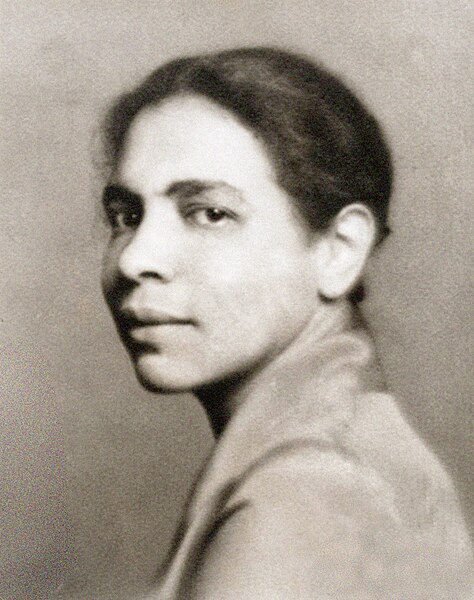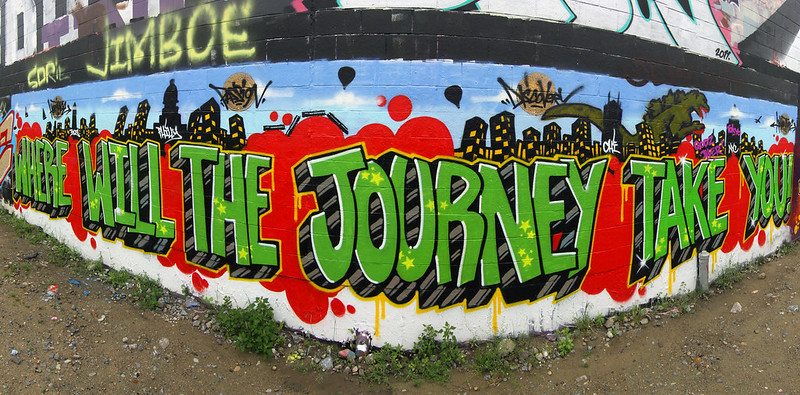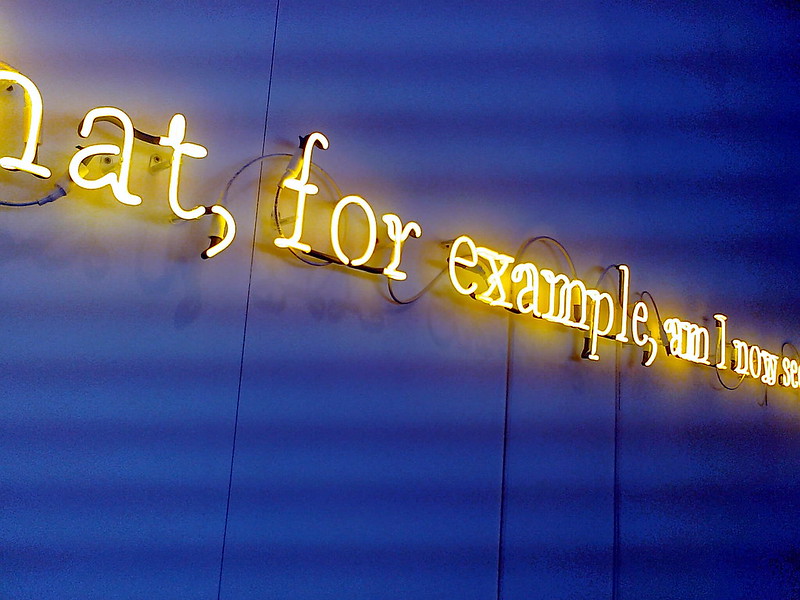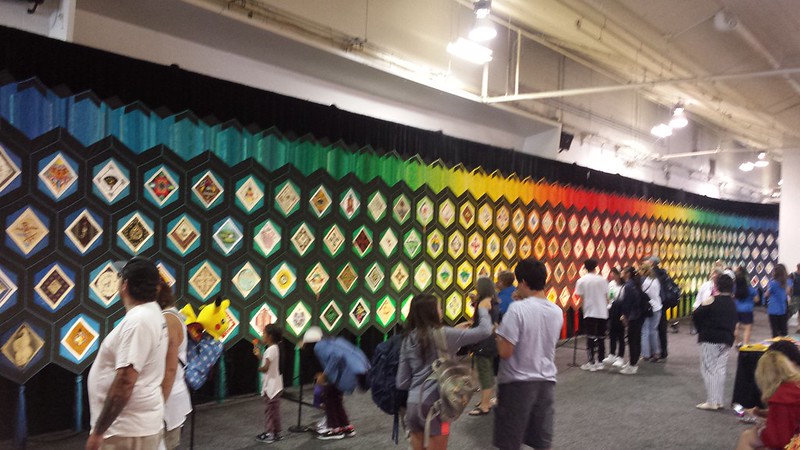If you don’t want spoilers, read Passing, Part 1, through Chapter 3, before proceeding with this discussion post.
If you want, you can listen to Chapter 2 and Chapter 3.
If you’re caught up (or want spoilers), read on below. There are several questions–choose something below that you want to engage with and write about it, using the related questions to help you share your thoughts in a comment on this post.
*
*
*
*
So in this discussion, let’s talk about passing, the n word, and discourse communties. And also, what it’s like reading something uncomfortable.
In Chapter 2, we learn that Irene and Clare met in a space where they were both passing as white: Irene for the convenience of escaping the heat, for Clare as a full-time lifestyle choice.
In Chapter 3, Irene visits Clare, who is also hosting Gertrude, another childhood friend, who also passes. Then Clare’s husband, John Bellew, who doesn’t know that Clare is passing, arrives and says some racist things that create an uncomfortable situation that they can’t address without causing trouble for Clare or for all of them.
In one conversation among the three women, they ask Irene about her family, and she finds herself angered and also needing to hide her emotions:
Irene, who was struggling with a flood of feelings, resentment, anger, and contempt, was, however, still able to answer as coolly as if she had not that sense of not belonging to and of despising the company in which she found herself drinking iced tea from tall amber glasses on that hot August afternoon. Her husband, she informed them quietly, couldn’t exactly “pass.” (61)
How does this passage relate to the idea of discourse communities?
A bit later in the chapter, Clare’s husband comes home and uses a distasteful (understatement!!!) nickname for his wife. His explanation reveals fears of his wife not being white, even though he has no reason to believe otherwise. They react to what he’s said:
He roared with laughter. Claire’s ringing bell-like laugh joined his. Gertrude after another uneasy shift in her seat added her shrill one. Irene, who had been sitting with lips tightly compressed, cried out: “That’s good!” and gave way to gales of laughter. She laughed and laughed and laughed. Tears ran down her cheeks. Her sides ached. her throat hurt. She laughed on and on and on, long after the others had subsided. Until, catching sight of Clare’s face, the need for a more quiet enjoyment of this priceless joke, and for caution, struck her. At once she stopped. (67-8)
What are they each laughing at? Why does Irene laugh the hardest and longest? This has something to do with their different discourse communities. What are those communities and how does that affect what they each feel in the moment?
Later, when Irene and Gertrude leave, Gertrude raises the subject of Clare not telling them that John didn’t know about her passing, and about their laughing:
Gertrude said: “Maybe she thought we’d think it a good joke. And I guess you did. The way you laughed. My land! I was scared to death he might catch on.”
“Well, it was rather a joke,” Irene told her, “on him and us and maybe on her.”
“All the same, it’s an awful chance. I’d hate to be her.” (77)
In what ways is humor discourse-community specific? Are they laughing at the same things?
Gertrude says she’d hate to be in Clare’s position. When you read, do you think about how you would handle the situation the novel presents, and in different characters’ positions?
When you read hateful language in a novel, how to you make sense of it? What do you think the word is doing here, and how does it shape your experience of the novel? Does it matter who uses it? Does it matter how it’s framed in the novel, as something unacceptable or otherwise?
What else does this chapter leave you thinking about?
Photo credit: “Nella Larsen,” photographed by James Allen in 1928, age 37, via WikiCommons.










Recent Comments